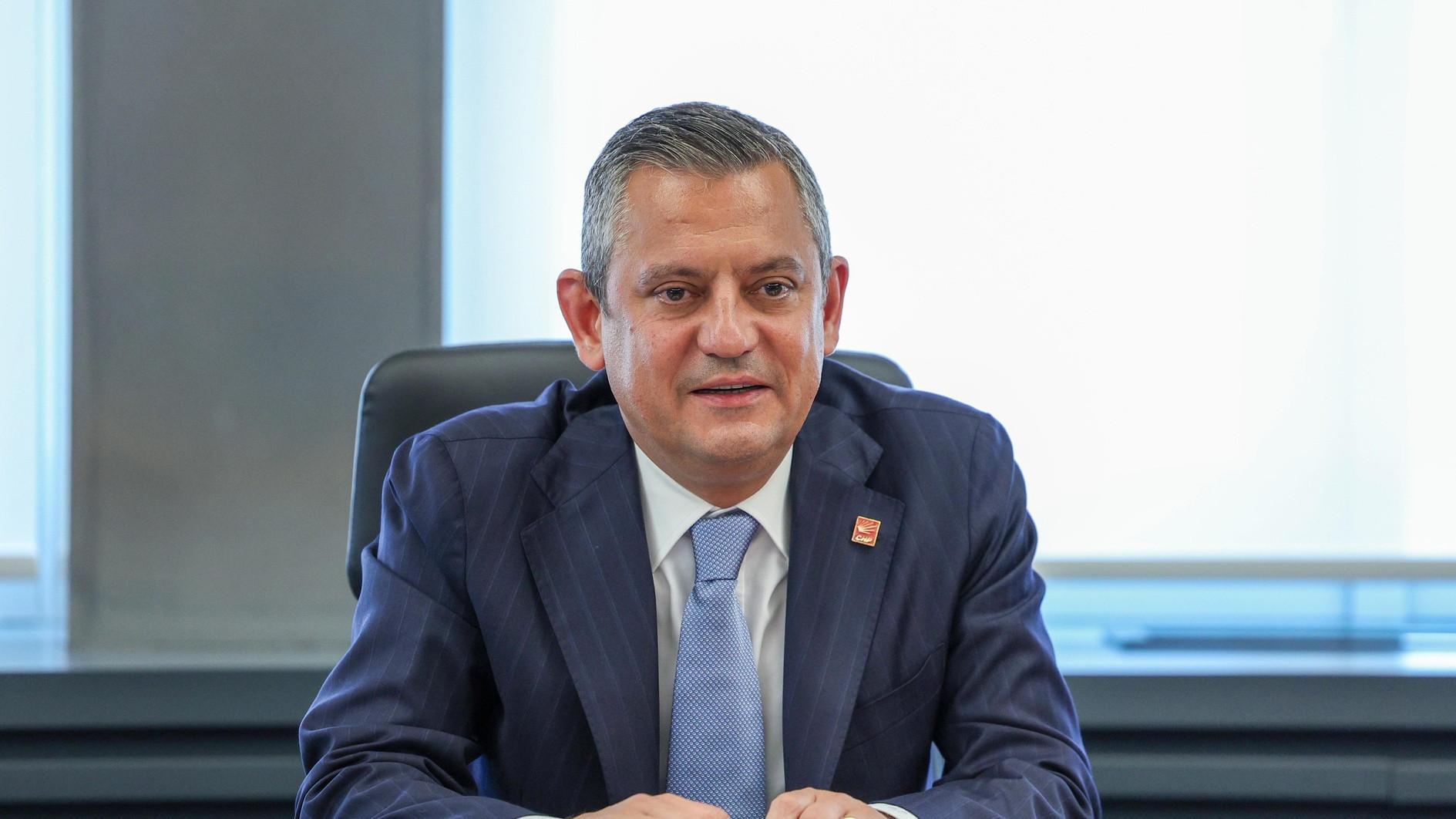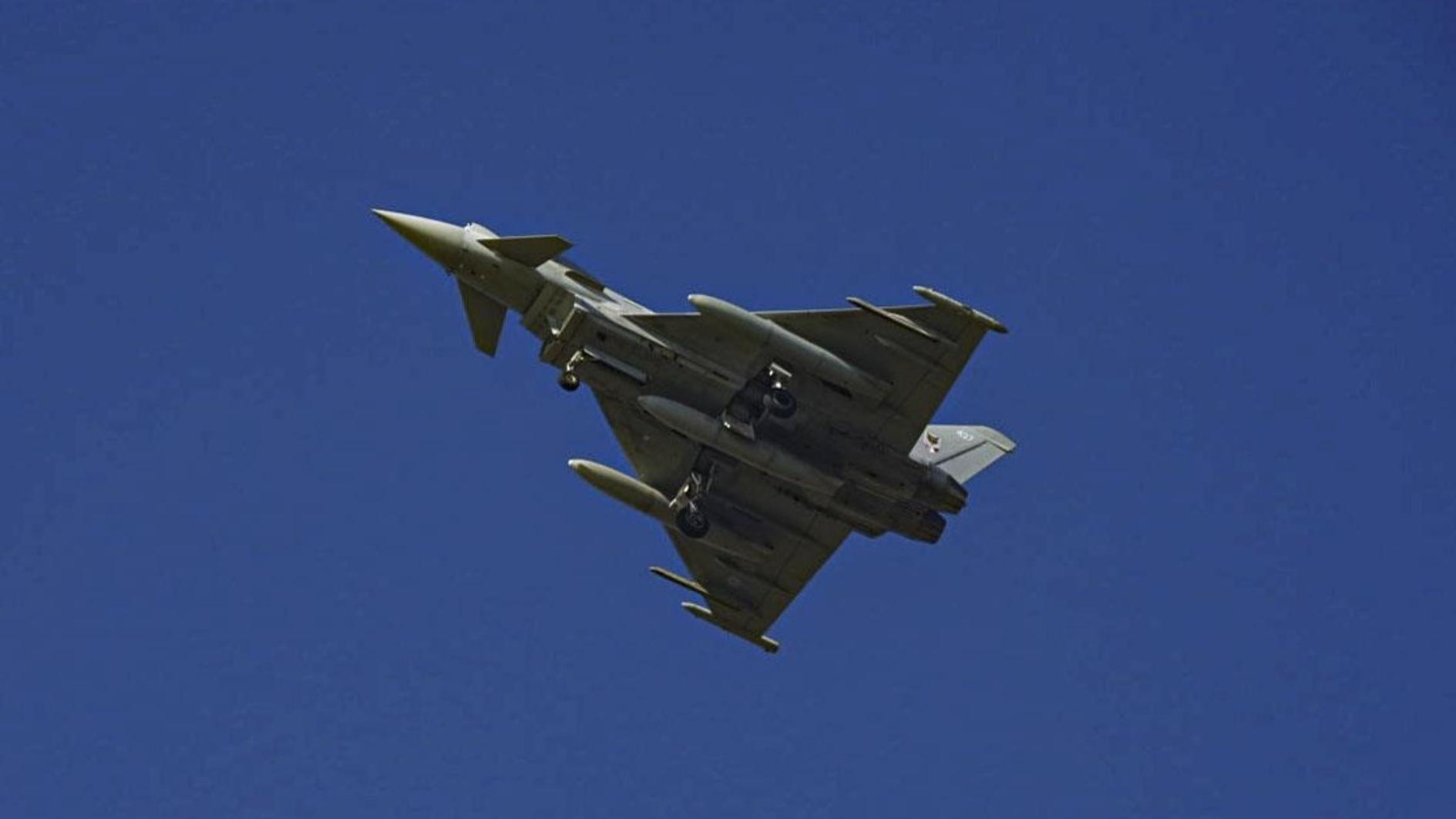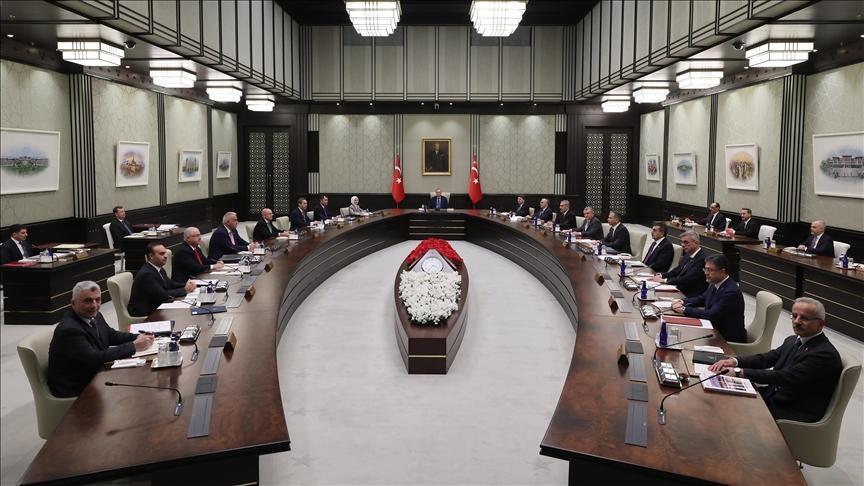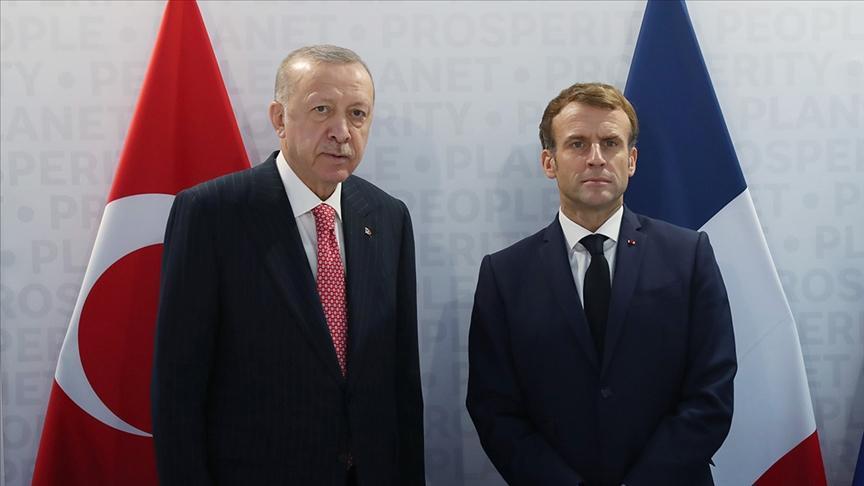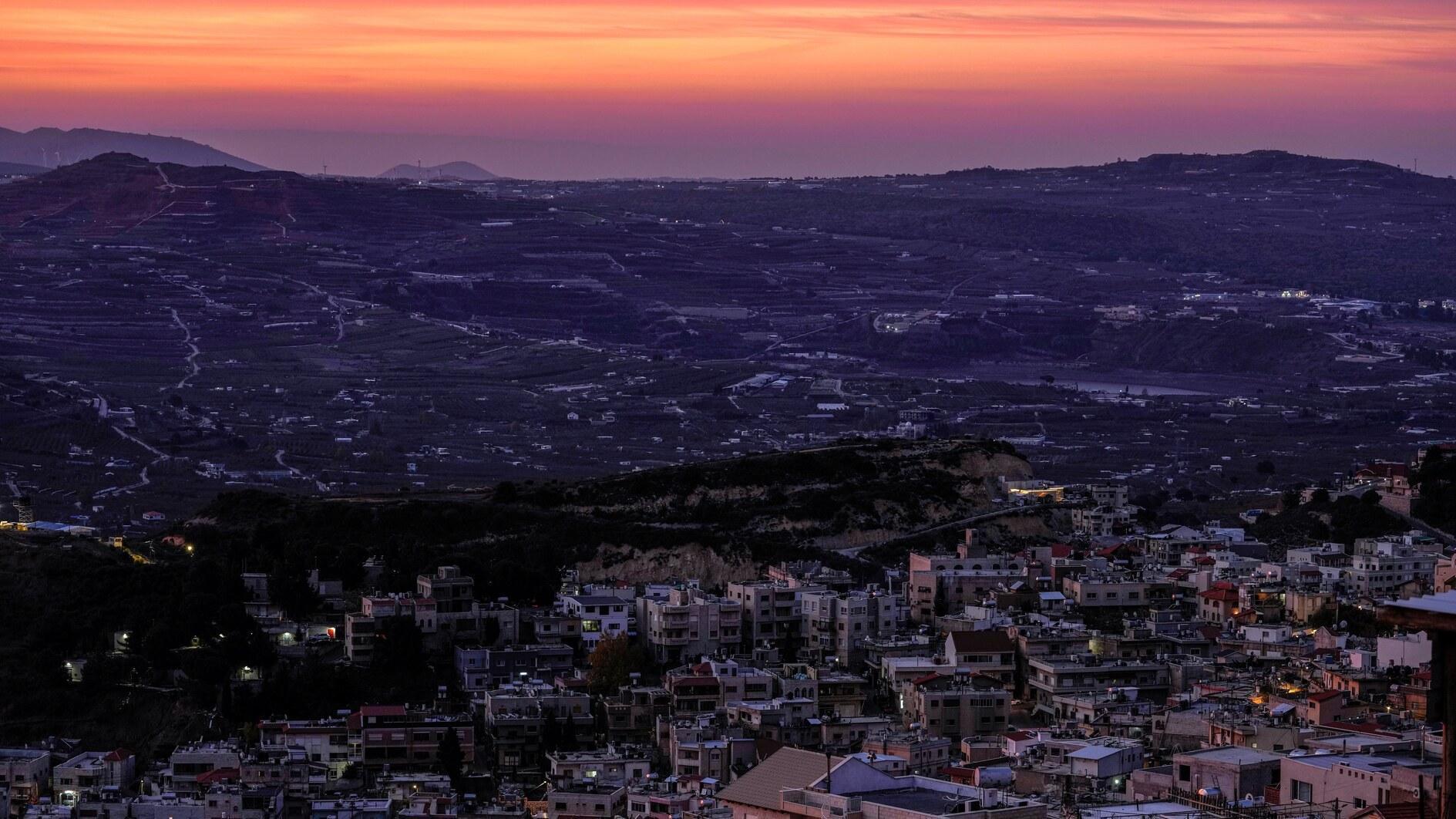Venizelos visit to Ankara foresees improved relations
It was a visit rich in symbolism yet it did not receive due attention by the media of both countries.
Understandably so, as for some time now both Greek and Turkish media have been obsessively dwelling on serious domestic crises whether they emerged because of the misinterpretation of democracy between the citizen and the state – as in the case of Turkey – or as a problem of undermining democracy while trying to manage a huge economic crisis – as in the case of Greece.
But the visit by the new Foreign Minister of Greece, Evangelos Venizelos, to Ankara last Friday is worth noting for several reasons. For Venizelos, it was his first to Turkey in his new role as a Vice Premier and Foreign Minister in Samaras’s government only weeks after the exit of one of the three coalition partners and a government reshuffle that gave Venizelos’s PASOK a strong cabinet participation.
In view of these recent changes, Mr. Davutoğlu did not only welcome his new Greek colleague last Friday in Ankara, but also as a party leader who aspires to play an important part in the maze of Greek politics. Surely, Mr. Venizelos is expected to be a central figure dealing with Brussels during the Greek presidency of the EU in the first half of the new year. So his statement during the joint press conference with Mr. Davutoğlu that “Greece has taken a basic strategic decision in supporting Turkey in its accession process to the EU”, should be seen as an important statement which reaffirms the stance of Greece in this matter. Equally important was also his assurance that Greece would support the Turkish efforts towards EU as well as his suggestion that we might see several opportunities for Turkey during the Greek presidency.
But perhaps the most important topic of the meeting in Ankara was the energy issue and the TAP pipeline to carry Azeri natural gas to Europe via Turkey and Greece. “The pipelines of natural gas and energy are a bridge of friendship between our two countries said Mr. Venizelos and added that “we are heading towards a change in geographical data by creating not only an economic but a geopolitical bridge between Turkey and Greece through the creation of the TAP and energy corridors.” Already Greek analysts are wondering what he meant by the change of geopolitical data while the more critical ones question whether this will lead Greece to become a satellite in the orbit of Turkey.
Everybody is looking forward to the visit of Mr. Ahmet Davutoğlu to Greece in November or December before the next meeting of the High Level Strategic Cooperation Council between Greece and Turkey at the beginning of next year.
Of course in these turbulent times, domestic issues may overshadow foreign policies. With the crisis in Greece and in the Eurozone remaining in a limbo until the German elections in September nobody is risking any new ideas to ease the pain of the austerity measures in the suffering economies of Europe’s South. In the case of Greece, the challenge facing the Samaras-Venizelos government will be to keep afloat until then hoping for new financial help from Brussels to curb social unrest.
“We want to make the Aegean a basin of peace and prosperity,” said Mr. Davutoğlu addressing his Greek counterpart.”
But it seems that before doing so, both sides will have to settle their accounts with their restless societies that might become a hurdle even to the best designed foreign policy strategic plan.



